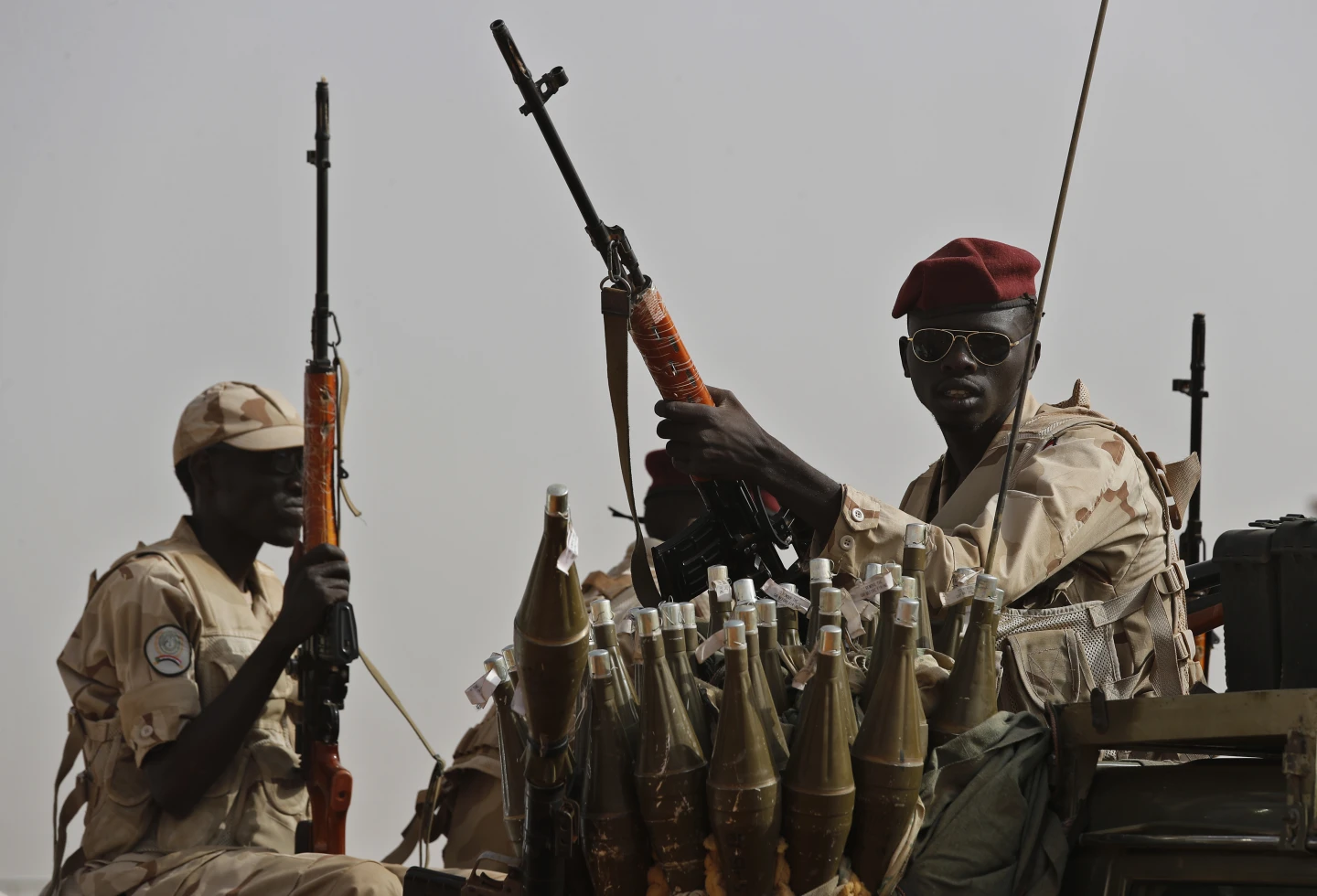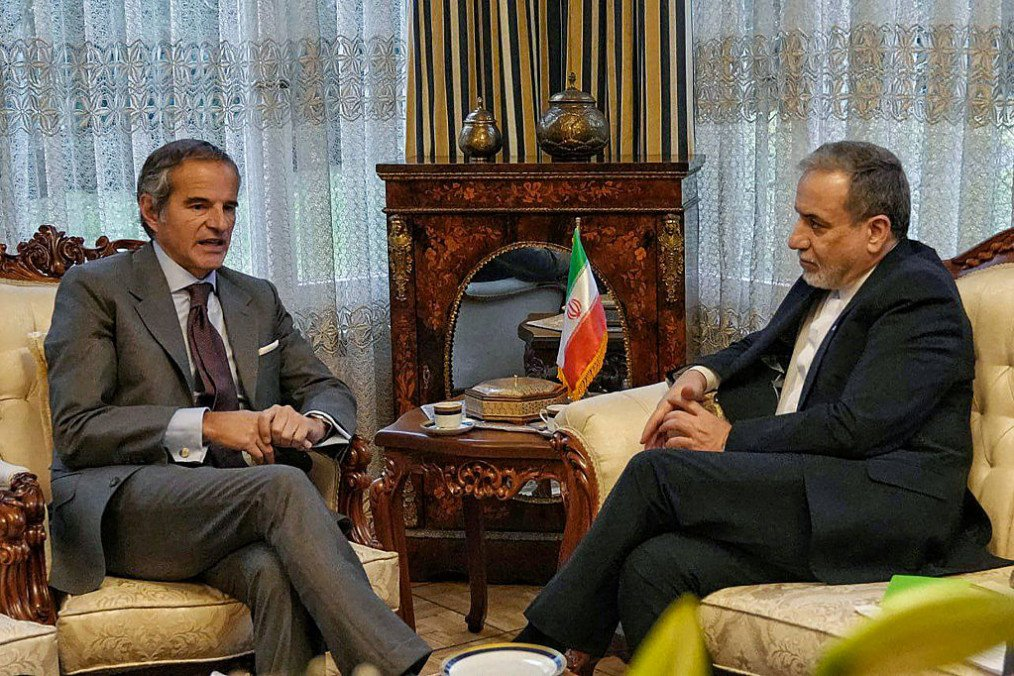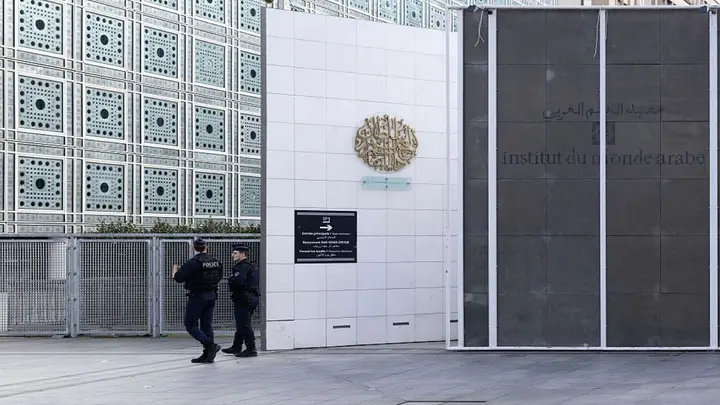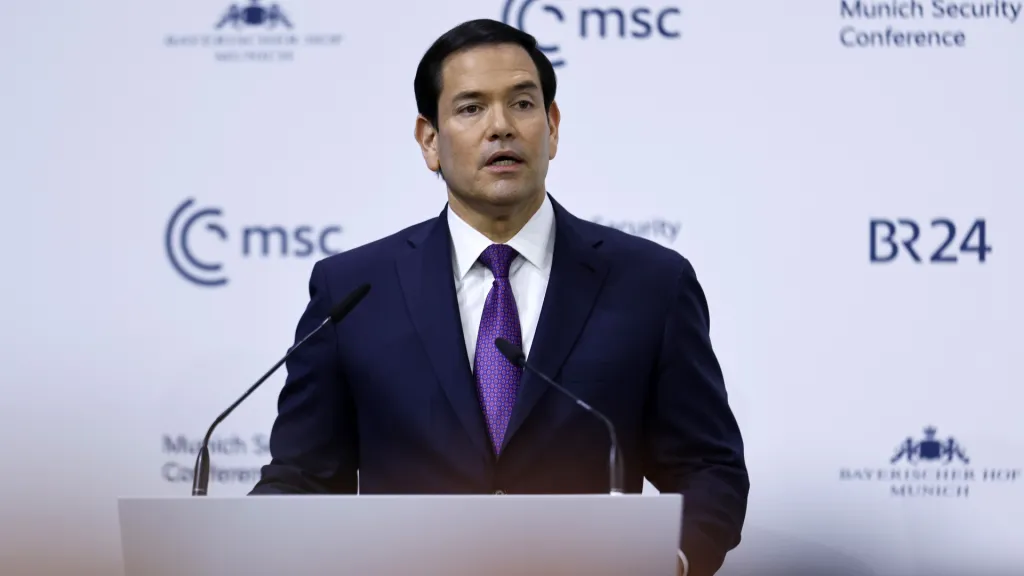Local aid and activist networks reported that the Rapid Support Forces (RSF) carried out attacks on Monday against the Abu Shouk displacement camp on the northern outskirts of el-Fasher, North Darfur, killing at least 40 people and wounding at least 19. The Emergency Response Room operating inside the camp said civilians were shot inside homes and in public areas. The Resistance Committees in el-Fasher, a community network that includes human rights activists, separately confirmed the attack and the casualty figures. Abu Shouk, which hosts hundreds of thousands of displaced people, has been repeatedly targeted during the war.
UN Condemnation and Humanitarian Access
The United Nations condemned the attack on Tuesday, with the UN Resident and Humanitarian Coordinator in Sudan, Sheldon Yett, stating that displacement camps and other civilian refuges must not be targeted. UN updates linked the incident to a broader siege of el-Fasher by the RSF that has severely constrained access to food, safe water, and medical care. The World Food Program (WFP) said it has been unable to deliver aid by land to el-Fasher for more than a year and warned that approximately 300,000 people trapped in the area face starvation without immediate and sustained access. UN reporting also cited more than 60 deaths from malnutrition in a single week.
Military Situation Around El-Fasher
El-Fasher remains the army’s last major foothold in Darfur amid a protracted attempt by the RSF to seize the city. On the day of the camp attack, the Sudanese Armed Forces reported engagements with RSF units in and around the city beginning in the morning and continuing into the afternoon, claiming to have repelled a large-scale assault and destroyed or captured multiple vehicles. The RSF said it had made advances and seized equipment, without elaborating. Independent monitoring by the Yale Humanitarian Research Lab later published satellite imagery showing a large grouping of roughly 40 light vehicles in the northwest neighborhoods of Abu Shouk, consistent with accounts that the attack originated from the north. Additional satellite indicators suggested RSF control of routes north of el-Fasher in the days surrounding the incident.
Context: Siege, Famine, and Disease
Humanitarian agencies describe el-Fasher and nearby camps—including Abu Shouk and Zamzam—as famine-stricken, with prolonged siege conditions limiting aid flows. Reporting from the region notes that families in and around the city face acute food shortages, and earlier RSF operations in April at Zamzam triggered mass displacement. UN and humanitarian statements frame the situation within a nationwide crisis since the war began in April 2023, with tens of thousands killed and millions displaced. In North Darfur and across the country, health threats compound the emergency. Aid organizations and UN agencies have documented cholera spreading in displacement sites, including a significant outbreak centered around Tawila in Darfur, where treatment centers have been overwhelmed and access for aid convoys is constrained by insecurity and seasonal flooding risks. As of recent UN and World Health Organization updates, Sudan has reported widespread cholera transmission since mid-2024, with children under five at particular risk in North Darfur.
Aftermath and International Response
The UN condemnation of the Abu Shouk attack emphasized protection of civilians and called for unhindered humanitarian access. WFP reiterated that el-Fasher has been inaccessible by land for over a year and warned that survival prospects continue to deteriorate without corridors for aid delivery. Media summaries of UN statements linked the camp attack to the ongoing RSF blockade and noted reports of malnutrition fatalities in the city. Separate coverage highlighted that the International Criminal Court is examining potential crimes arising from the conflict. Overall casualty tallies for the war vary by source, but reporting consistently describes large-scale displacement and the risk of famine in multiple locations in Darfur. Following the attack, monitoring organizations pointed to satellite imagery and field reports as part of ongoing efforts to corroborate events and track military movements around el-Fasher. As of the latest material cited here, at least 40 people were confirmed killed at Abu Shouk, with additional injuries reported, and UN officials maintained that civilian sites must not be targeted.
Key Points
— At least 40 people were killed and at least 19 wounded when RSF forces attacked the Abu Shouk displacement camp outside el-Fasher on Monday.
— The UN condemned the attack and said displacement camps and other civilian refuges must not be targeted; WFP reported no overland access to el-Fasher for more than a year and warned of starvation risks for roughly 300,000 people.
— The army said it repelled an RSF assault on el-Fasher the same day; RSF claimed advances; satellite imagery showed a concentration of vehicles in the camp’s northwest neighborhoods.
— Wider conditions include siege, severe hunger, and disease outbreaks; health and aid officials describe overstretched facilities and constrained convoy access in Darfur.














Discussion